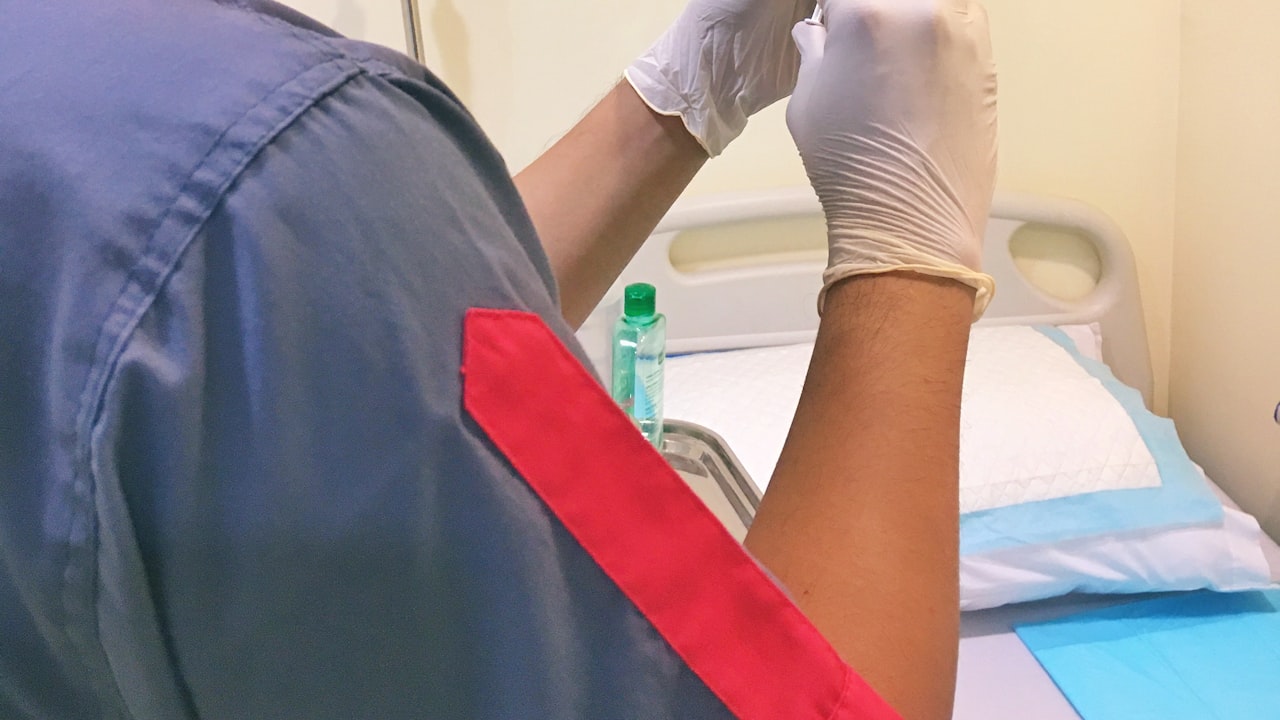Title: “Innovations in Injection Moulds: Revolutionizing Manufacturing Processes”
Injection moulds play a pivotal role in the manufacturing industry, enabling the mass production of various products with precision and efficiency. Over the years, advancements in injection mould technology have led to significant improvements in manufacturing processes across industries, making them faster, more cost-effective, and environmentally friendly.
One of the key innovations in injection moulds is the development of high-precision moulding techniques. By utilizing state-of-the-art machinery and computer-aided design software, injection mould factories can now create complex moulds with unparalleled accuracy. This level of precision allows for the production of intricate and high-quality products that meet the exact specifications of customers.
In addition to precision, innovation in injection moulds has also focused on enhancing production efficiency. New materials and coatings have been introduced to increase the lifespan of moulds, reducing the need for frequent replacements. Furthermore, the implementation of automated systems in injection mould factories has streamlined the production process, minimizing human error and maximizing output.
Moreover, sustainability has become a key focus in the development of injection moulds. Manufacturers are increasingly turning to environmentally-friendly materials and processes to reduce their carbon footprint. By utilizing recyclable materials and optimizing energy consumption, injection mould suppliers are contributing to the global effort to promote sustainable manufacturing practices.
Furthermore, the advent of 3D printing technology has revolutionized the design and production of injection moulds. This innovative approach allows for rapid prototyping and customization, enabling injection mould factories to quickly iterate and refine their designs. As a result, manufacturers can bring new products to market faster and more efficiently than ever before.
In conclusion, the continuous innovation in injection mould technology is reshaping the manufacturing landscape. From high-precision moulding techniques to sustainable practices and 3D printing capabilities, injection mould suppliers are at the forefront of driving efficiency and quality in production processes. As we look to the future, the evolution of injection moulds will continue to play a critical role in shaping the way products are made and delivered to consumers worldwide.

 Title: Designing Precision Injection Molds: A Key Factor for Manufacturing Efficiency
Title: Designing Precision Injection Molds: A Key Factor for Manufacturing Efficiency Title: Design and Development of Injection Molds: A Comprehensive Guide
Title: Design and Development of Injection Molds: A Comprehensive Guide